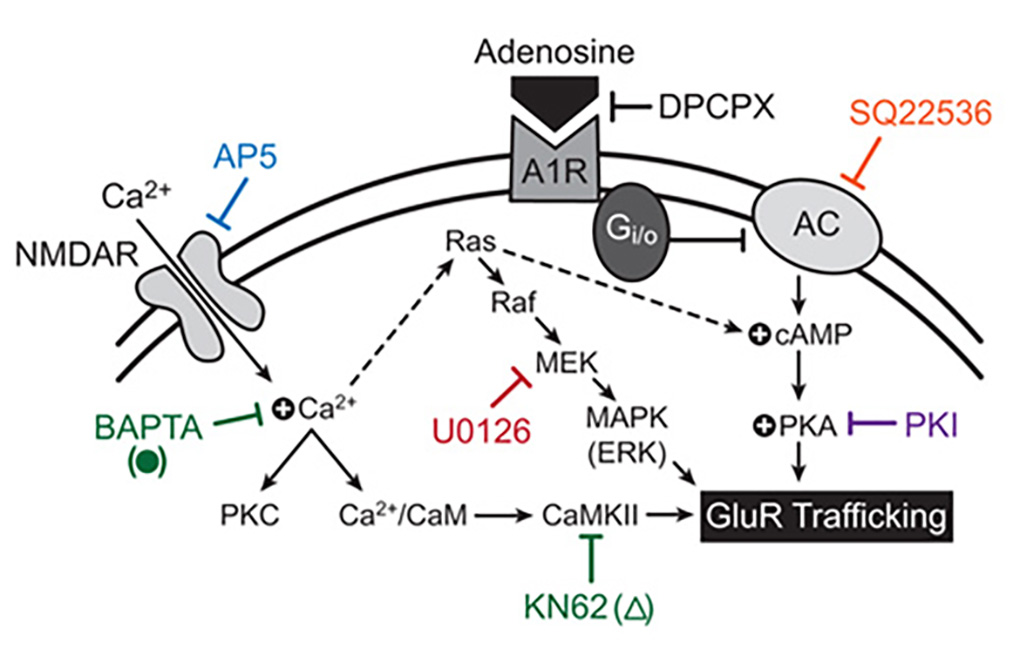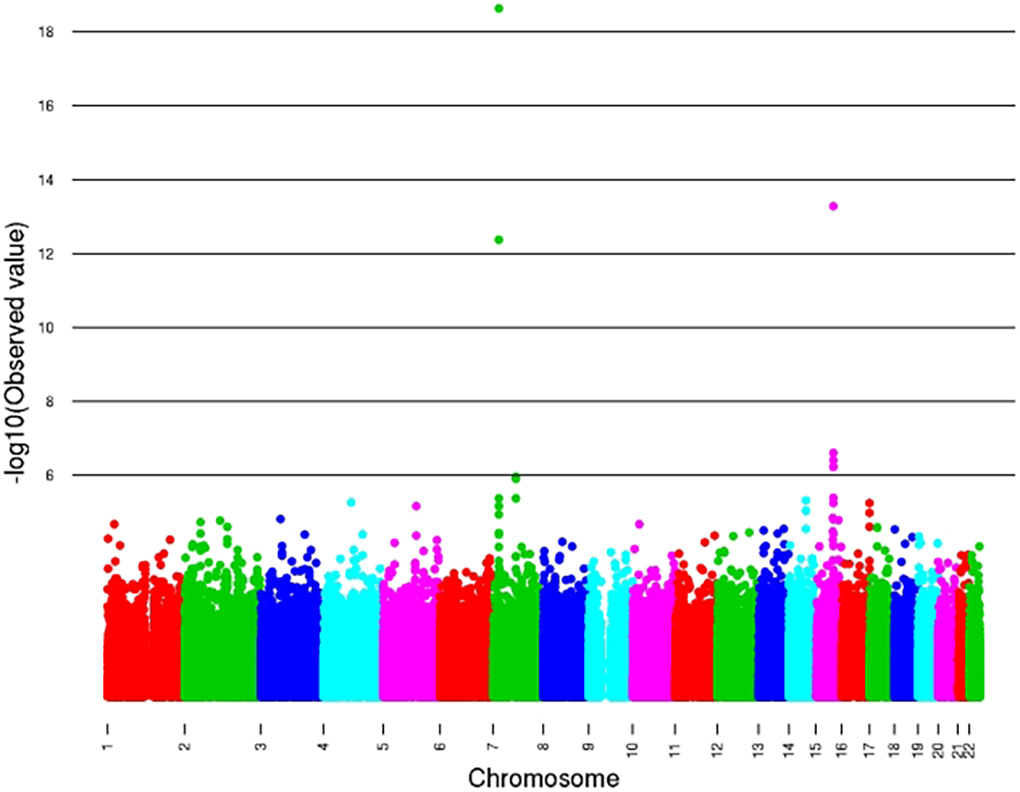Caffeine's Fine Line Between Cognition and Addiction
If it’s the first thing you reach for after waking up, you’re not alone. That sweet aroma of freshly brewed coffee… mmmmm.
Research suggests that two-thirds of U.S. adults drink two or more cups of coffee a day. There are multiple reasons for this, likely because coffee has multiple effects on the body. Consider the standard morning scenario for many people:
It’s a few minutes after 7:00 a.m., and you’re in the kitchen brewing a large cup of coffee. You feel foggy from sleep as you pour cream into the cup. As you sip slowly on your mug of caffeinated goodness, you can physically feel yourself starting to wake up—a neurological response to caffeine’s effects in the brain, perhaps preceded by the conditioned expectation of the energy boost to come within minutes.
Caffeine rapidly absorbs through your oral and digestive tract membranes to enter the bloodstream, and it readily crosses the blood-brain barrier. In the brain, a molecule called adenosine regulates various neural phenomena, including your body’s sleep cycles. Caffeine blocks adenosine from binding to its receptors, thereby preventing the inhibition of other neurochemical signals that previously made you feel tired.
It’s now 9:20 a.m., and you’re at your desk. A second cup of coffee definitely feels in order before you start on the pile of emails in your inbox. As the aroma of ground coffee beans begins to waft through the air, you remember the many articles you’ve read on how caffeine enhances cognition. You hope that this mug will also help you memorize the talk you will present at noon.
According to Serena Dudek, Ph.D., Deputy Chief of the IRP Neurobiology Laboratory at the National Institute of Environmental Health Science (NIEHS), that mug of coffee might actually do the trick. Her lab found that caffeine seems to trigger long-term potentiation of synaptic transmission in the hippocampus (a vital brain area involved in learning and memory), especially in a region called CA2. Dr. Dudek’s discovery that most of the caffeine-related neurological responses occur in this area suggests that not only is caffeine keeping you awake by dampening adenosine responses, but when your synapses potentiate—or strengthen—you may be storing information in your long-term memory (i.e., learning). So drink that second cup before noon, because according to IRP research, this may actually help with that presentation.

A schematic overview of a likely mechanism for A1 adenosine receptor (A1R)-potentiation in the brain’s CA2 region of the hippocampus. A1R-potentiation at CA2 synapses is mediated by cyclic adenosine monophosphate (cAMP)-dependent activation of Protein kinase A (PKA). View the complete Figure 3 in Dr. Dudek’s journal article.
By the time the excitement of nailing your presentation has worn off, around 2:00 p.m., you find yourself reaching for a third cup, later that afternoon your fourth, and maybe even a fifth cup of coffee. You might not even be tired anymore, but for some reason you just want it. It might be because you’re addicted to caffeine, along with approximately 35% of other coffee drinkers in the general population. However, your addiction might run deeper than a physiological dependence on caffeine—it could be enhanced by your genes.
Neil Caporaso, M.D., of the IRP’s Division of Cancer Epidemiology and Genetics (DCEG) at the National Cancer Institute (NCI), investigated caffeine’s genetic factors by determining if a group of heavy coffee drinkers was addicted to caffeine or just exhausted. His group’s genome-wide association study of habitual caffeine intake found that variants in two genes directly related to caffeine metabolism, AHR and CYP1A2, were associated with individuals’ propensity to habitually consume more caffeine. CYP1A2 metabolizes caffeine and AHR regulates CYP1A2, so it’s plausible that variations in these two genes could lead to stronger addiction.

The –log10 P-plots for Dr. Caporaso’s genome-wide meta-analysis of caffeine consumption show two loci that reach genome-wide significance, located at 7p21 and 15q24.
If you then decide you ‘need’ another cup of coffee in the evening, don’t expect to sleep well. Due to the continued down-regulation of adenosine, you won’t have the necessary neurochemicals floating around to get a restful sleep, if you can fall asleep at all. The most productive approach might be to stay up and do some work, given the research by Dr. Dudek’s group on caffeine’s positive effects on cognitive abilities. But, given the critical importance of sleep to your overall health and well-being, you might want to make a habit of limiting your caffeine consumption to the morning and early afternoon.
Finding yourself short on sleep and wondering why you might want to prioritize shut-eye over that evening cup of coffee? Explore the science by many IRP researchers investigating the relationships between sleep and health.
Related Blog Posts
This page was last updated on Wednesday, January 31, 2024
